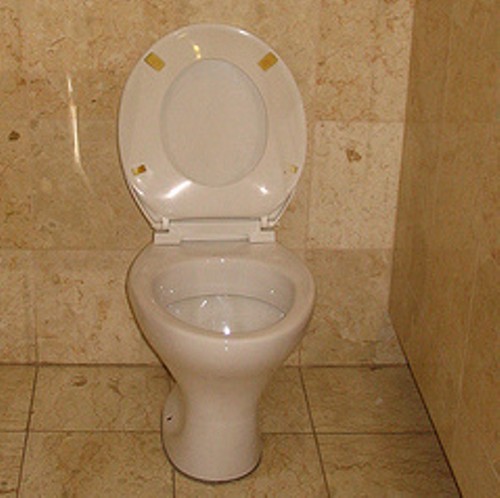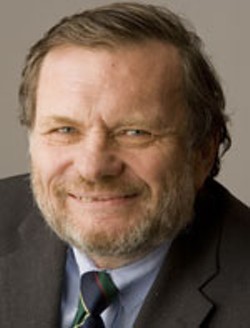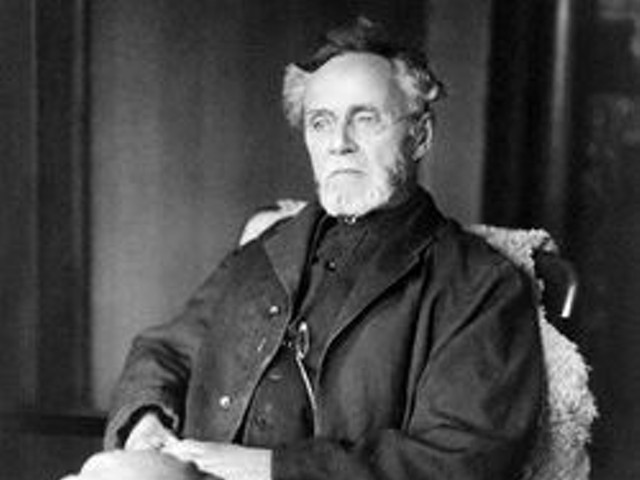Do you have a decrease in libido? Are your erections less strong? Do you feel tired after dinner?
If you answered yes to one or more of these questions, you could be at risk for low testosterone. At least, that's what the companies spending millions marketing hormone medications would have you believe.
The truth is that the simple, easy-to-fail screening quiz for low testosterone levels came from a highly productive bathroom session for John E. Morley, director of endocrinology and geriatrics at Saint Louis University School of Medicine. In a New York Times story called "Selling that New-Man Feeling," Morley admits it only took him about twenty minutes to scribble it on some toilet paper while in the whiz palace.
"I have no trouble calling it a crappy questionnaire," he tells the Times.
Dutch pharmaceutical company Organon BioSciences gave SLU's medical school $40,000 to research the effects of testosterone on muscle in exchange for Morley's quickie quiz. These days his test is all over brand-name drug and informational websites, now with the more formal name Androgen Deficiency in Aging Males test.
But the questions are so broad that most men, and even many women, can "fail" the screening test for low testosterone levels, which cause poor libido, minimal muscles and scant body hair.
"'Do you feel tired after dinner?' Depends on how long after dinner," says Adriane Fugh-Berman, an associate professor at Georgetown University Medical Center, to the Times. "We all do eventually. It's called sleep."
Testosterone medications were originally designed for men with undescended testicles, tumors in the pituitary gland or hypothalamus disorders, and they're not FDA approved for boosting men's energy and mood. Labels on testosterone drugs warn of sleep apnea, congestive heart failure and low sperm counts as side effects.
Medical experts worry the $107 million spent last year to advertise top brand-name testosterone drugs is attracting patients that don't actually need treatment.
"A lot of these men don't have clear, unequivocal indications for this drug, and yet you see the aggressive advertising on ESPN, on radio and on the Internet," Jacques Baillargeon, an epidemiologist at the University of Texas Medical Branch tells the Times.
That's not really Morley's problem; he's just the one who crapped out the test.
"They said, 'Don't make it too long, and make it somewhat sexy,'" Morley told the Times.
Check your testosterone: Continue reading for the ten question Androgen Deficiency in Aging Males test.







